The 2025 ‘Clean Industrial Deal’ provides a clear framework to link decarbonisation with economic resilience and competitiveness. By accelerating the deployment of clean energy and manufacturing, fostering lead markets, and promoting renewable and low-carbon hydrogen, it aims to scale both supply and demand. Moreover, bio-based gases have become much more competitive since the energy crisis, whilst their local availability and links to circular economy objectives have repositioned them as an important means of supporting various cross-sectoral objectives. Understanding the strategic role, regulatory context, and business case for these energy products is challenging but extremely stimulating and timely.
The ‘Clean Molecules for the Energy Transition’ course at the Florence School of Regulation is designed to bring you up to speed. Over three weeks – two weeks of independent study followed by one week of live sessions – you will gain in-depth insights into EU and global strategies, engage with real-world case studies, and participate in expert-led discussions and high-level panel debates, ensuring you stay ahead in this fast-moving field.
The course is delivered by leading professionals from academia, policymaking, and the world of practice. Registration is open to professionals from institutions, utilities, associations, academia, and research, who are engaged in the debate on energy sector decarbonisation.
Despite a big ‘electrification first’ push in the EU, molecules still account for nearly 80% of the total energy mix. In pursuit of climate targets, strategic autonomy, and industrial reinvigoration, these largely fossil molecules are increasingly being replaced by electrolytic and bio-based ‘clean molecules’. The speed and depth of the transformation is creating significant complexity and uncertainty for business, governments, and citizens.
Clean molecules often require new technological value chains, new regulatory frameworks, and new business models. Moreover, in an era of rapid geopolitical change, the pace of policymaking and the strategic role of these versatile energy vectors is evolving more quickly than ever. The traditional energy trilemma of sustainability, security, and affordability has become more and more interconnected in the process, pushing clean molecule value chains into the focus of key industrial and security policy agendas.
This intensive online training is expected to engage you for approximately 8 hours/week (excluding live classes).
The course comprises two preparatory weeks followed by one week of online sessions. From 2 to 20 June 2025, you will have access to our learning platform, allowing you to progress through the course materials, quizzes, and activities at your own pace.
During these self-paced weeks, you have the flexibility to manage your time according to your schedule, as there are no scheduled live classes, except for a one-hour welcome session.
The week of live sessions (16–20 June 2025) includes online classes and expert panels. Your active participation is required for a substantial portion of the day, spanning from 09:30 to 14.30 CET.
Week 1 & 2 (2-15 June 2025) | Preparatory weeks
Week 3 (16-20 June 2025) | Live sessions
Each day of the live classes will be structured as follows:
After completing this course, you’ll be able to:
Registration is open to all professionals (institutions, utilities, associations, academics and researchers) following the debate on decarbonisation of the energy system who are interested in having a deeper understanding of the future role of gas and its support to the energy transition.
No specific academic background is required. The language of instruction is English.
At the end of the course, the participants can earn a Certificate of Attendance, a Certificate of Completion or a Certificate of Excellence, depending of their performance and engagement throughout the course.
Each year, the Florence School of Regulation – Energy and Climate (FSR Energy & Climate) awards scholarships for a wide variety of training courses targeting a broad audience of professionals and academics.
Applications will be assessed by a Selection Committee of FSR members on a yearly basis. The successful candidates will be informed after February 2026 and will be provided with all relevant information on how to enroll in the online course or residential training of their choice.
Send your application by 25 January 2026.
Discounts
A 10% discount is available for groups of 5 or more participants from the same organisation. Please note that this discount cannot be combined with student discounts or donor free seat offers.
Cancellation policy
Paid registration fee is non-refundable. However, registrant substitution may be made up to 20 days before the start date of the course.
For more information, please read the full FSR cancellation policy.
*Please kindly send your certificate of current studies with the stamp of your university to FSR.Conferences@eui.eu
The start and end dates of your studies should also be clearly mentioned on the document. Please make sure that your period of studies fully covers the training course duration.
Clean molecules are now a key priority for policymakers and industry, making the debate around their uptake in strategic areas an important EU policy and regulatory focus
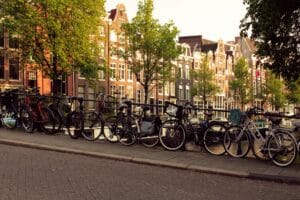
The training will focus on five areas where cities can be particularly impactful: the uptake of renewable energy, improving the energy efficiency of the building stock, digitalisation and smart grids,…

For its first edition, the Specialised course on Electricity Markets will focus on the state of EU electricity market design, and engage participants in a deep-dive discussion around the role…
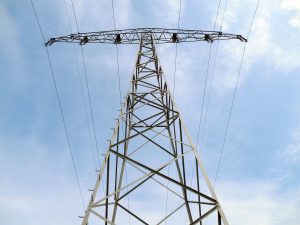
Regulation of energy utilities All you need to know in one professional course With the Annual Training on the Regulation of Energy Utilities, you will gain extensive knowledge of the fundamental principles of…
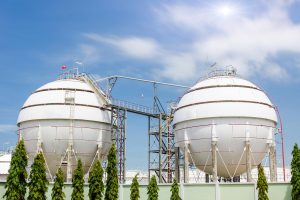
From Geopolitics to Trading: Navigate Global Gas Markets with the Experts Building on the success of our online training, Specialised Training on the Regulation of Gas Markets, we are excited…

This FSR-ACER residential course in Florence covers the scope of the EU Regulation on Wholesale Energy Market Integrity and Transparency (REMIT) and the way in which it is implemented. Mapping…
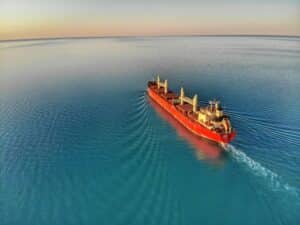
Shaping the Future of LNG: Global Perspectives on Markets, Policy, and Sustainability LNG has earned an increasing role in the energy supply of Europe, as well as of other…
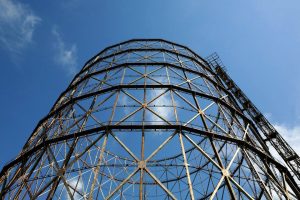
The implementation of the EU Gas Network Codes (NC) requires an important effort from many participants of the market and sound competence and specialised resources. Join us to gain comprehensive knowledge about…
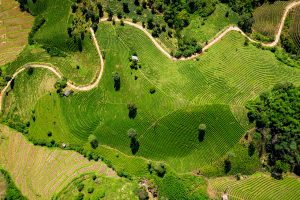
All you need to know about the power sector and power systems around the world Power system regulation is never at a rest, and this is particularly true for the…
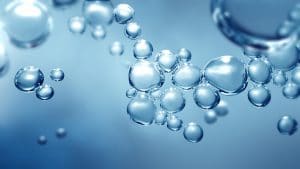
Clean Molecules: Hydrogen, Biogas, Biomethane, Synthetic Gas The 2025 ‘Clean Industrial Deal’ provides a clear framework to link decarbonisation with economic resilience and competitiveness. By accelerating the deployment of clean…
To meet, discuss and learn in the channel that suits you best.